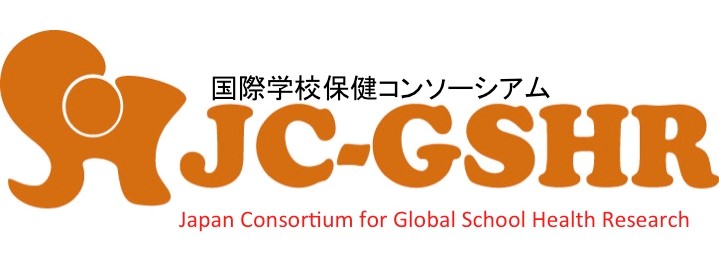Symposium "The Necessity of Strengthening International Dissemination of School Health in the With Post-Coronary Era"
Reporting Date: 2021/12/14
Reporter: Yuko Teshima
Hello, everyone! I am Yuko Teshima from Sanyu Consultants Inc.
I would like to report on Symposium 6, "The Necessity of Strengthening International Dissemination of School Health in the With Post-Coronary Era," held at the 36th Annual Meeting of the Japanese Society for Global Health and Medicine, which was held online on November 27 and 28.

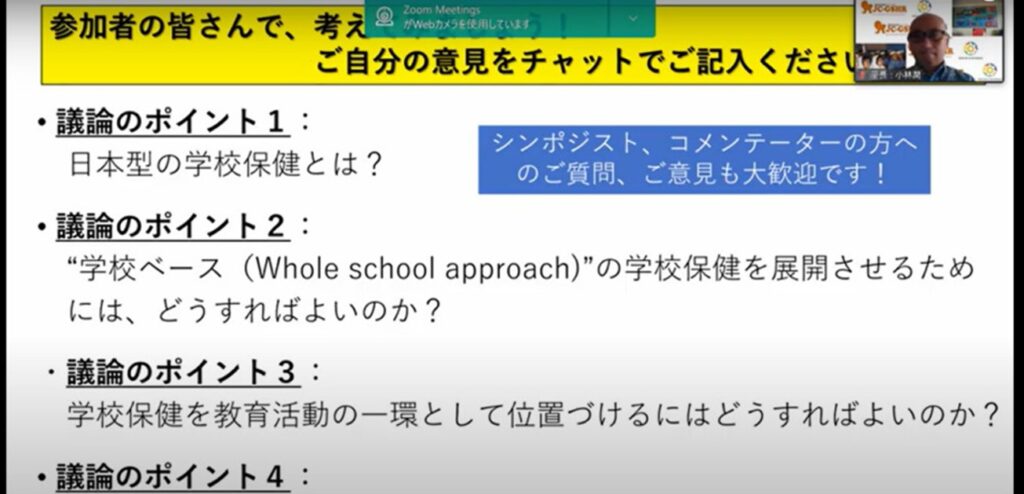
This symposium, organized by the International School Health Consortium, invited three commentators who have been working in this field for decades.
【List of presenters】
Chair: Mr. Jun Kobayashi (Japanese Consortium for Global School Health Research, International School Health Consortium, School of Health Sciences Faculty of Medicine University of the Ryukyus)
Speakers and abstracts:
- Ms. Sachi Tomokawa (Faculty of Education Shinshu University) Ms. Marie Ueno (Graduate School of Humanities and Social Sciences Shinshu University)
Title: Possibility and Challenges of International Dissemination of Japanese-style School Health in the With-Post Coronary Era - Ms. Yuko Teshima (Sanyu Consultants Inc., Department of Community and Global Health Graduate School of Medicine The University of Tokyo
Title: The Potential for International Development of Japanese School Meals and Nutrition Education in the With Post-Corona Era
- Ms. Elli Sugita (Osaka University, Graduate School of Human Sciences), Ms. Wakana Koshio (Osaka University, Graduate School of Human Sciences)
- Mr. Jun Kobayashi (Department of Global Health School of Health Sciences Faculty of Medicine University of the Ryukyus)
Commentator:
Mr. Shinjiro Nozaki (WHO WPRO)
Mr. Kiichi Oyasu (The Asia-Pacific Cultural Centre for UNESCO (ACCU))
Mr. Shohei Kokudo (Graduate School of Human Development and Environment Kobe University)
There were more than 100 participants in the online session. In the panel discussion, there were many questions and opinions from the participants, and we were able to have a lively discussion.
I spent time with the commentators and panelists who have been practicing in the field of school health for decades, and once again recognized the significance of focusing on school health.
We received the following very enlightening comments from the commentators.
From Mr. Shinjiro Nozaki (WHO WPRO)
The current school health movement started with the Hashimoto Initiative in 1997, and it is one of the areas where Japan should take the lead. One of the strengths of school health is the school-based approach, which means that public health projects can be developed targeting the entire community, with the school as the entry point.
From Mr. Shohei Kokudo (Graduate School of Human Development and Environment Kobe University)
School health activities are focused on the activities themselves, and the challenge is to make sense of the activities as part of education. While European-style support is top-down and sometimes ignores cultural factors, Japanese-style support is characterized by policies that combine grassroots and top-down approaches, looking at the actual situation on the ground and how to encourage the government to act on it. Budgetary issues (need for phased approach) also need to be considered.
From Mr. Kiichi Oyasu (The Asia-Pacific Cultural Centre for UNESCO (ACCU))
There have been efforts to disseminate Japan's good practices overseas through Edu-port, etc., but it is important to have an attitude of learning from the other side as well. There is no dichotomy between developing countries and developed countries. It is important to review Japan's efforts by experiencing the context of other countries. In action research, in order to understand the local situation and promote school health, it is necessary to have a dialogue among the parties involved (government, experts, teachers, students, parents, etc.) in the school and in the community.
I would like to thank the members of the Japanese Consortium for Global School Health Research for giving me the opportunity to present my paper. Although I may not be able to be directly involved in the field of school health in my work, I would like to continue to learn, think, and eventually develop research and projects as a member of the Japanese Consortium for Global School Health Research.
投稿者プロフィール
最新の投稿
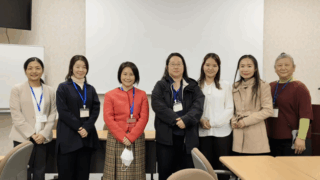 Activity Report2026-01-07Organized Session at the 36th Annual Conference of the Japan Association for International Development
Activity Report2026-01-07Organized Session at the 36th Annual Conference of the Japan Association for International Development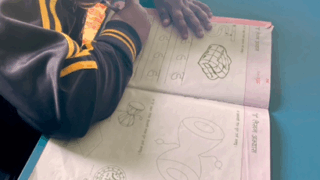 Activity Report2025-12-22Field Research Report on CSE and ECD in Nepal
Activity Report2025-12-22Field Research Report on CSE and ECD in Nepal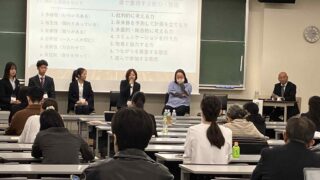 Activity Report2025-12-05The symposium “Planetary Health: From Schools to Communities.”
Activity Report2025-12-05The symposium “Planetary Health: From Schools to Communities.”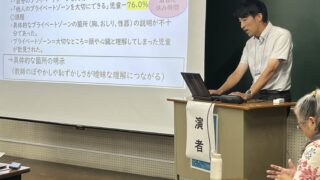 お知らせ2025-08-04Frontiers of Sexuality Education in Schools in Asia and Japan: Current Situation andChallenges in Dissemination of Comprehensive Sexuality Education and Safety Education for life
お知らせ2025-08-04Frontiers of Sexuality Education in Schools in Asia and Japan: Current Situation andChallenges in Dissemination of Comprehensive Sexuality Education and Safety Education for life
